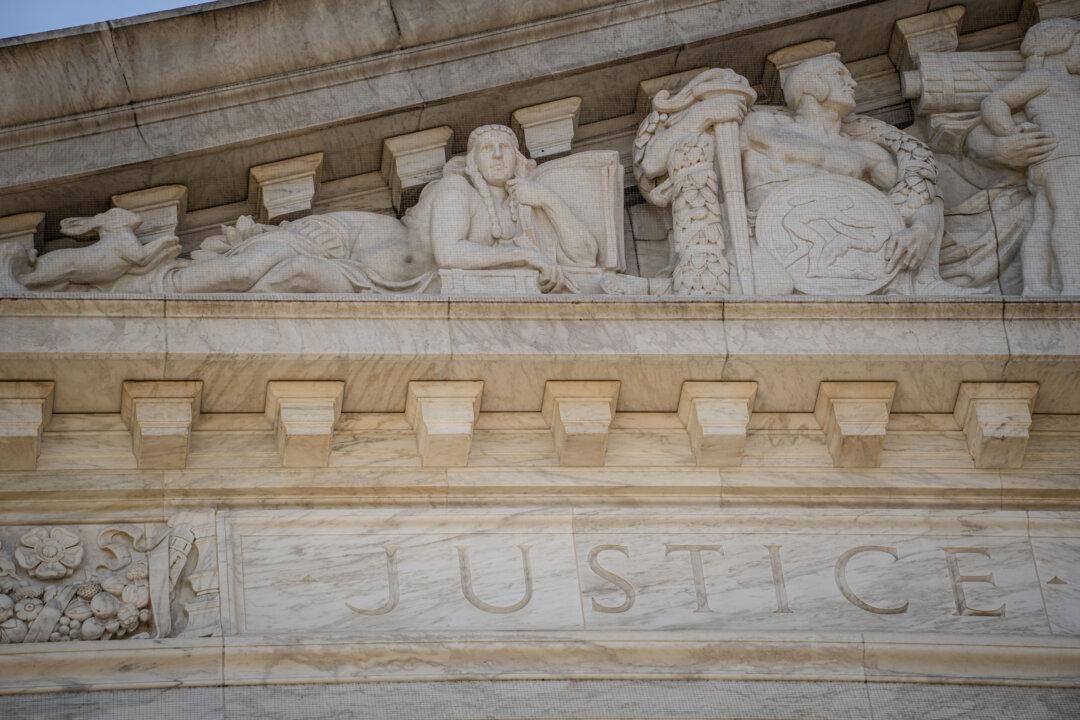The U.S. Supreme Court on May 19 temporarily blocked extradition proceedings against Indian citizen Monika Kapoor aimed at returning her to her home country where fraud charges are pending.
Extradition is the process under which a person is transferred by one country to another to face prosecution, or to begin serving a sentence after being convicted of a crime.





